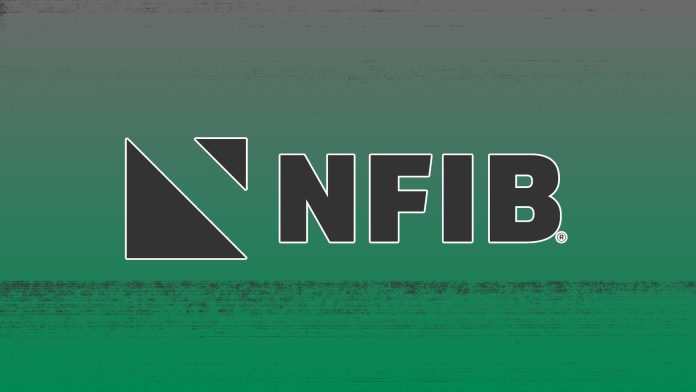The ongoing federal shutdown is sending shockwaves through small businesses across the country, with the U.S. Small Business Administration (SBA) reporting a staggering impact on lending programs essential for entrepreneurship. This freeze on core lending services means that an estimated 320 small businesses are unable to access $170 million in SBA-backed loans every single day.
For small business owners, the stakes couldn’t be higher. As of now, the shutdown has blocked approximately $2.5 billion that could have been allocated to around 4,800 small businesses since its inception. These alarming figures were unveiled in a recent SBA analysis, revealing just how critical government support is for Main Street ventures.
“In fiscal year 2025, the SBA guaranteed a record 84,400 loans, amounting to $45 billion in capital for small businesses,” said SBA Administrator Kelly Loeffler. “Now, thousands of these businesses are left in limbo, unable to tap into vital funding. Many will have to scale back employee hours, halt hiring, or even contemplate closing permanently.”
The 7(a) and 504 loan programs, which are crucial lifelines for small businesses looking to expand, innovate, or simply stay afloat, rely on borrower fees and operate at no cost to taxpayers. The shutdown has left these services frozen, jeopardizing the future of countless businesses nationwide.
Specific states are feeling the impact more acutely than others. In California alone, 212 loans valued at over $126 million are not approved weekly. Texas and Florida follow closely behind with 128 and 135 loans blocked, respectively, amounting to significant sums of capital that could have fueled local economies.
Small business owners are keenly aware of the ripple effects these lending shortages can create. Limited access to funding may result in postponed projects, reduced employee morale, or outright layoffs. According to industry experts, these challenges could lead to a productivity slump across sectors that heavily depend on government-backed loans.
While many entrepreneurs have experienced optimism fueled by previous legislative measures aimed at lowering taxes and reducing regulations, this current funding deadlock may dive into that momentum. The National Federation of Independent Business (NFIB) indicates that small business optimism had recently reached a seven-year high, with many job creators looking to invest and grow. The current situation threatens to stall that growth.
“With the SBA’s loan programs shuttered, the repercussions are significant,” Loeffler emphasized. “Senate Democrats have decided to cut off that momentum. This only results in unnecessary suffering for small businesses that are ready to expand and hire but lack the capital to do so.”
Looking ahead, small business owners should consider alternative funding sources while the uncertainty persists. Options may include community banks, credit unions, and online lenders. However, these routes often come with higher interest rates and potentially less favorable terms compared to SBA loans.
The long-term implications of this funding freeze could be devastating. A decline in business investment may lead to a slowdown in job creation and economic growth in local communities. As such, the coming weeks will be critical for small businesses trying to navigate this challenging terrain.
Business owners are advised to stay informed about funding developments from the SBA and potential relief legislation. Subscription to local business news and SBA alerts can provide timely updates on any changes that might impact their funding access.
For the detailed state-level analysis of the shutdown’s effects on small business lending, the full SBA report can be accessed here.
As the situation evolves, small business owners must remain proactive, explore alternative funding channels, and engage with community resources. Only by being adaptable can they hope to weather this storm and emerge ready to reclaim their growth trajectories.
Image Via BizSugar



